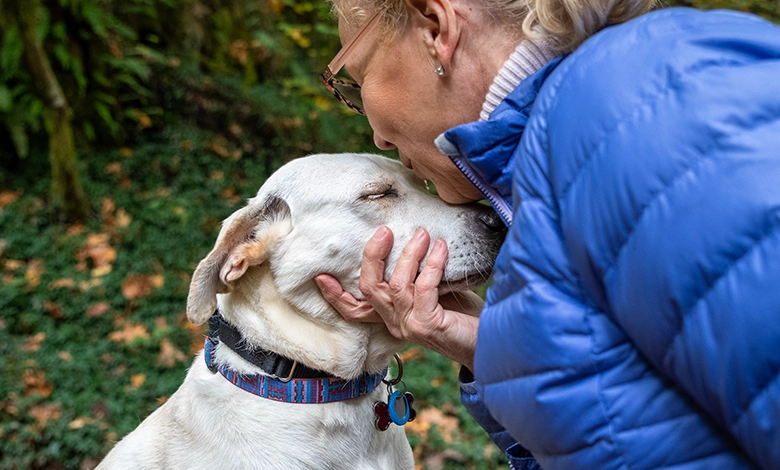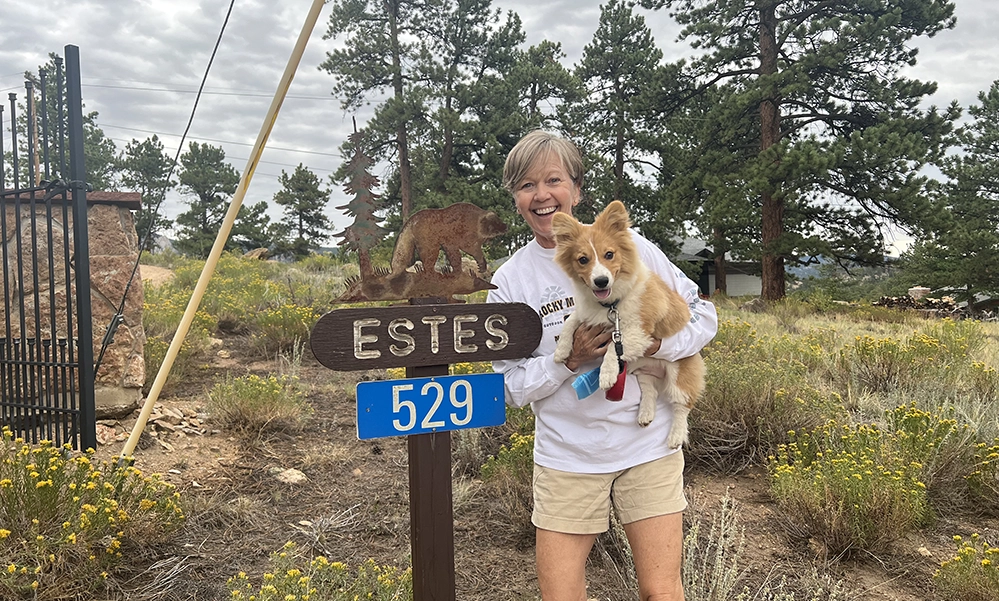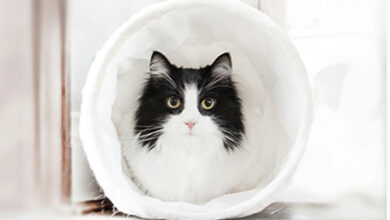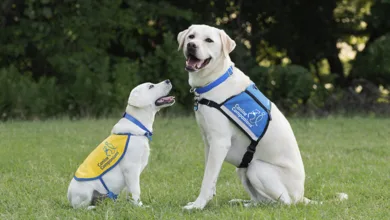Pets After 50: They’re Not Just Companions—They’re Lifelines
How they become family and make life richer

My friend Jeanne’s Welsh corgi, Estes, was more than a dog. He was her heartbeat, her daily rhythm, her joy. Wherever Jeanne went, Estes followed—eager, loyal, full of life. Then, in one awful moment, he was gone.
A simple treat, a sudden choke, a race to the emergency vet. They saw the obstruction, sedated him to remove it—and then his heart stopped.
The vet came back crying. CPR hadn’t worked. Estes was gone.
Jeanne didn’t just lose a pet that day. She lost her anchor—the one being who loved her without question, who filled her house and her heart with light.
If you’ve ever loved an animal that deeply, you know. They aren’t “just pets.” They’re family. They keep us company when the world feels quiet. They make ordinary days meaningful. And for many of us, especially after 50, that bond becomes even more profound, a reminder that love never fades; it only deepens.

Why pets after 50 reduce loneliness and depression
As the years go by, our circles can grow smaller. Children move away, routines shift, and life becomes both simpler and lonelier. Pets step into that space with a special love that heals in ways words can’t explain.
They don’t care about wrinkles, gray hair, or how slow you move. They just care that you’re there—and their joy is constant and contagious.
Research backs up what we already know in our hearts. A landmark study in Aging & Mental Health found that pet ownership significantly reduces loneliness and depression in adults over 50, with effects comparable to having close family nearby.
The study showed that pet owners reported a 40% reduction in feelings of loneliness compared to non-pet owners.
The health benefits go even deeper—from better heart health to increased physical activity. Those daily walks and routines? They’re keeping your brain sharp, too. Learn more: How pets keep your brain sharp—the science.
How daily pet companionship improves mental health
Our pets weave themselves into our routines—the morning stretch, the quiet walk, the gentle nudge at dinner time.
They pull us outside when we’d rather stay in, make us laugh when we’re weighed down, and offer the simplest form of healing: their presence.
The warmth of fur beneath your hand. The excitement in your dog’s eyes when you walk through the door. These small, everyday moments are where love lives.
The healing power of physical touch
For older adults living alone especially, pets provide something increasingly precious: the comfort of physical touch. The simple act of petting a dog or cat releases oxytocin (the bonding hormone) and lowers cortisol (the stress hormone), creating measurable improvements in mood and well-being.
Research shows that spending time with pets increases serotonin and dopamine—neurotransmitters that help regulate mood and create feelings of calm and happiness.
That’s not frivolous. That’s essential.

Why cats make ideal companions
Not all love wags its tail—some of it purrs softly in your lap.
Cats bring a quieter kind of companionship, one that soothes the mind and slows the day. And the science backs up what cat lovers already know: that soft rumbling purr isn’t just pleasant—it’s healing. Petting a purring cat triggers the release of oxytocin and endorphins, hormones associated with happiness and bonding, while decreasing cortisol, the stress hormone.
And the benefits go deeper—cat owners face lower cardiovascular disease risk, thanks in part to the remarkable way a cat’s purr calms both body and mind.
A cat’s trust is earned, not assumed, and that makes the bond all the more meaningful. Every slow blink, every nuzzle, every sweet purr is its own small miracle—a reminder that connection doesn’t have to be loud to be life-changing.

How pets help older adults stay socially connected
For adults over 50, pets become bridges to the world. Dog walks spark conversations with neighbors. Trips to the dog park bring friendships. Even online pet communities connect us through shared stories.
Studies show dog owners are significantly more likely to meet new people and report higher social support. Pets also give us purpose that becomes especially meaningful after retirement. Their needs—feeding, walking, grooming—keep us active and engaged.
These loyal companions remind us that we still matter.
The joy that makes pet ownership worth every moment
And yet, even knowing the grief will come someday, we do it anyway.
We let them steal our hearts. We let them steal the covers. We rearrange our lives around feeding schedules, make them special food when they’re finicky or sick, let them claim the best spot on the couch.
Ask anyone who’s loved and lost a pet: they’d do it all over again in a heartbeat.

Understanding and coping with pet loss grief
No one prepares you for the silence that follows. The empty leash by the door. The toys still scattered where they left them. The missing sound of paws on the floor.
For anyone who’s lost a beloved pet, that quiet can feel overwhelming. The house may look the same, but it doesn’t feel the same.
The grief runs so strong because the love was profound. Yet many people don’t understand how lasting that loss can be. They say, “It was just a dog,” or “You can get another.”
But nearly two-thirds of pet owners describe their animal as a “baby,” “child,” or “best friend”—not just a pet. You’re not mourning an animal. You’re mourning family.
Research on pet bereavement shows that the grief following the death of a pet can be as intense as losing a human family member, particularly for older adults who live alone.
If you’re grieving a pet, know that your feelings are valid. Give yourself permission to mourn. Seek support from others who understand. And when you’re ready, consider honoring their memory by opening your heart to love another fur baby again.
The lasting gift of pet companionship
The pet connection after 50 isn’t just companionship.
It’s purpose. It’s presence. It’s love without complications.
When so much in life can feel uncertain, our pets offer something beautifully simple: a reason to show up, a way to stay present, and a love that asks for nothing but returns everything.
That’s not just a bond. That’s a gift.
And we’re lucky to receive it.
Jeanne knows this. She recently welcomed Barnabas, another Welsh Corgi, into her home and heart—because the best way to honor the love we’ve lost is to let ourselves love again. ♠




